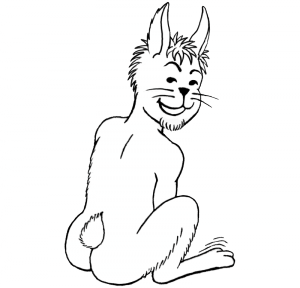 Amazon recently announced “Kindle Worlds”, a scheme in which the owners of popular entertainment franchises license their characters and settings, for fans to write their own stories using them. In other words: legal fanfic. Some Warner TV shows were the first, then Valiant Comics, and others will follow, I’m sure.
Amazon recently announced “Kindle Worlds”, a scheme in which the owners of popular entertainment franchises license their characters and settings, for fans to write their own stories using them. In other words: legal fanfic. Some Warner TV shows were the first, then Valiant Comics, and others will follow, I’m sure.
Kindle Worlds seems at first blush like a nifty set-up. The owners of the “intellectual property” don’t exercise any editorial control over the stories (well, mostly: you can’t do porn), so the fans are free to be creative. And furthermore, they offer these fan writers the chance to actually make money from these stories, which has always been a blatant violation of copyright law.
But there are two key provisions the contract from Amazon which combine to make it a bad deal for writers who participate:
The first provision gives Amazon and their partners perpetual exclusive rights to the writer’s stories. Not just the specific paragraphs and sentences, but the characters and settings they contain. For example, if I write a story using the Vampire Diaries characters, and introduce a new character of my own, I can’t use that character in any other story I ever write, even if the story doesn’t involve any official character from Mystic Falls … or the setting of Mystic Falls itself. As an another example, if I decide that the plot of my story is really clever, and adapt it into a stand-alone story with my own characters, I can’t publish that story elsewhere. There’s no time limit, no rights-reversion: my original characters and my original story are restricted by Warner (or whoever the IP holder is).
Second, the contract grants the IP holder the rights to exploit your characters and settings in any way they see fit, without any further compensation. Sure, I get paid for each copy of my story that’s purchased by another fan to read on their Kindle. But if my characters show up in a future episode of the TV show, or my story is used as the basis for a season-long story arc, I get nothing for that. This isn’t just speculation; the contract spells it out very clearly.
They say that the creator retains the copyright … but strip away the most important benefits of copyright: the right to control it, and much of the right to profit from it.
Twenty years ago, the founders of Image Comics walked away from Marvel Comics over Work-For-Hire contracts that were more favorable to them than this. To this day, WFH tends to exploit creators in much the same way, but at least it does so while paying respectable page rates (which are not dependent on sales). The Big Two also have “creator participation” programs that (while not as good as they should be) at least give some money to the people who create new characters for them. Participants in Kindle Worlds give away their creations on the cheap.
Speaking of rates, be aware that Amazon will determine how much to charge for your work. If you think that $3.99 is the optimal price for it, but Amazon thinks it’s worth $0.99, that’s the number you’ll be making royalties based on. Or if you want to keep the price low (or even zero, which isn’t allowed), because you want to reach as wide an audience as possible, but Amazon disagrees… they again set the price.
I’ve seen it argued – by fans indulging in a bit of fantasy wishful thinking – that this program gives authors an opportunity. Not just to make a little money, but to use this system as a launchpad for greater success. Like E.L. James, the author of 50 Shades of Gray, which started out as Twilight fanfic, they point out. But James was a fluke, a one-in-a-billion exception. (“So you’re saying there’s a chance!” the relentlessly exploitable fan answers.) Secondly, she didn’t make money on 50 Shades as fanfic, but by revising it and releasing it as a separate work, which isn’t allowed under Kindle Worlds rules. Third, if she had published it as Twilight fanfic, it would have been shunned by the “legitimate” publishing world, which considers fanfic to be even lower than “vanity publishing”. Having either of those on your literary resumé won’t help your chances of making it in the publishing world. And Kindle Worlds is both: fanfic and vanity publishing.
Now, there is a special case, which is somewhat different from the rest of the publishing world: comics. For various reasons, the comics industry views both fanfic and self-publishing differently. Because it’s relied for so long on corporate-owned characters, which have been written in turn by generations of former fans, the idea of fanfic is not scorned so strongly. The current adventures of Superman and Captain America are in some ways like fanfic, but authorized and paid for by the companies which own the characters. Meanwhile, the history of plucky independent “publishers” which are little more than the creators themselves wearing different hats, similarly recasts self-publishing as something that is admired rather than looked down upon. This leads some comics fans to look at Kindle Worlds (anticipating their their favorite comics characters will become available thru the system) as just another way to do what current pros have been doing.
But the current adventures of the spandex-wearing heroes are not mere fanfic. They are plotted and scripted by hand-picked writers under very strict editorial control. This is why a writing credit working for Marvel or DC is very different from a writing credit on a Kindle Worlds story would be. Showing that you can write a stand-alone short story in prose featuring Batman is not going to land you a gig writing Detective Comics, because what you’re doing and what that job requires are very different things.
The reason why self-publishing is respected in the comics industry is because of the dedication and industriousness it demonstrates. You have to be good too, but showing that you’re serious and dependable is essential to getting you a job working for someone else (if that’s what you’re looking for). Writing short stories on your own time and uploading them to Amazon simply doesn’t have that kind of impressiveness to it.
If you want to be a professional writer, there are other ways of trying to make that happen. They’re tested ways, that – talent and luck permitting – work. Kindle Worlds might be fun. It might make you a little money. It might even develop you a small fanbase. But if you expect that you can then leverage that into a career writing other stuff, stuff that you will own, that’s all original … don’t count on it. There are talented writers and artists who have developed a fanbase while doing WFH for DC or Marvel, but who find that those fans don’t follow them when they do fully original work. It’s because those aren’t fans of the creators; they’re fans of the characters. So don’t kid yourself that an Kindle Worlds audience will follow you to your own.
Despite all this, you might still be interested enough to give Kindle Worlds a try. There’s nothing dishonorable about doing Work For Hire … but you need to go into it with your eyes open, with full understanding of what you’re giving up when you do it.
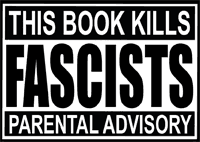
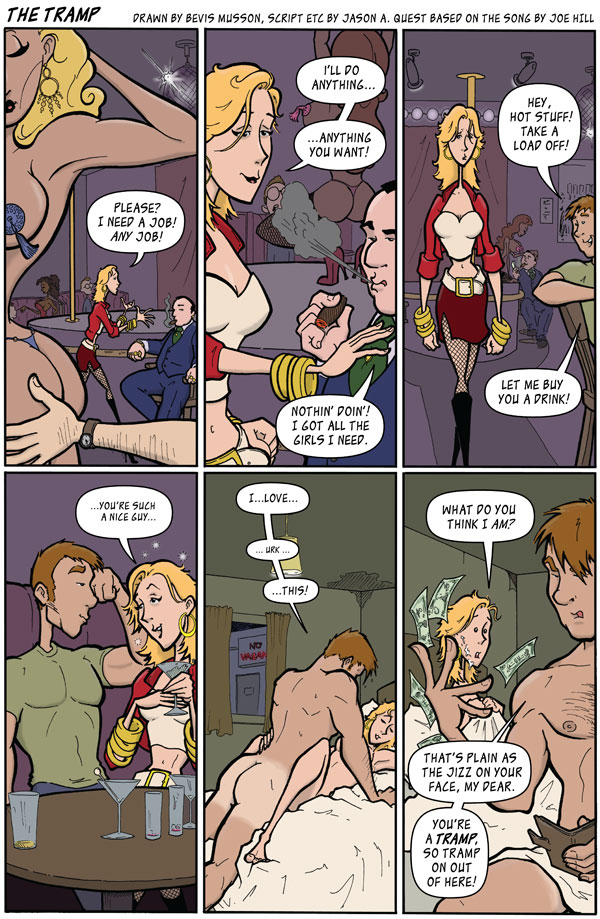
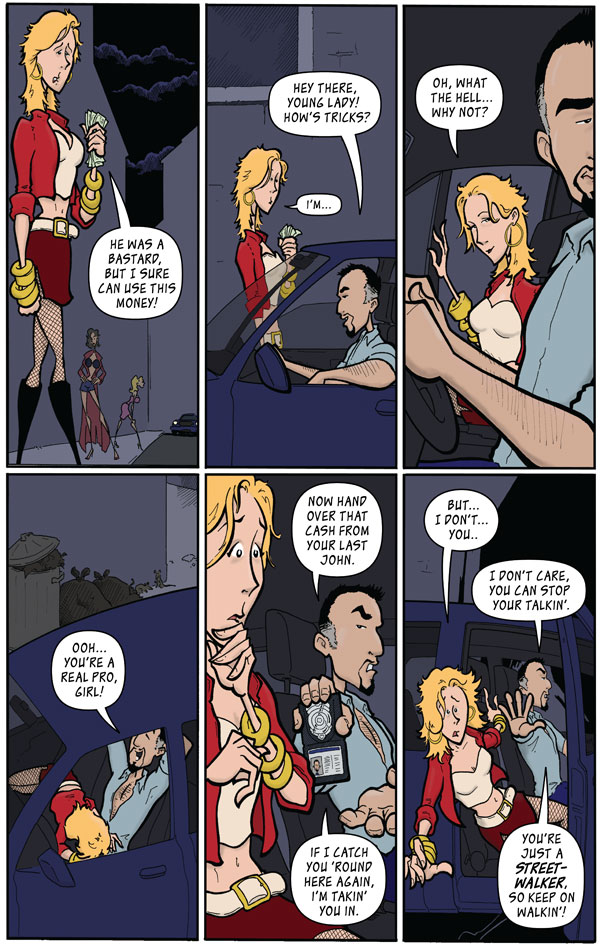
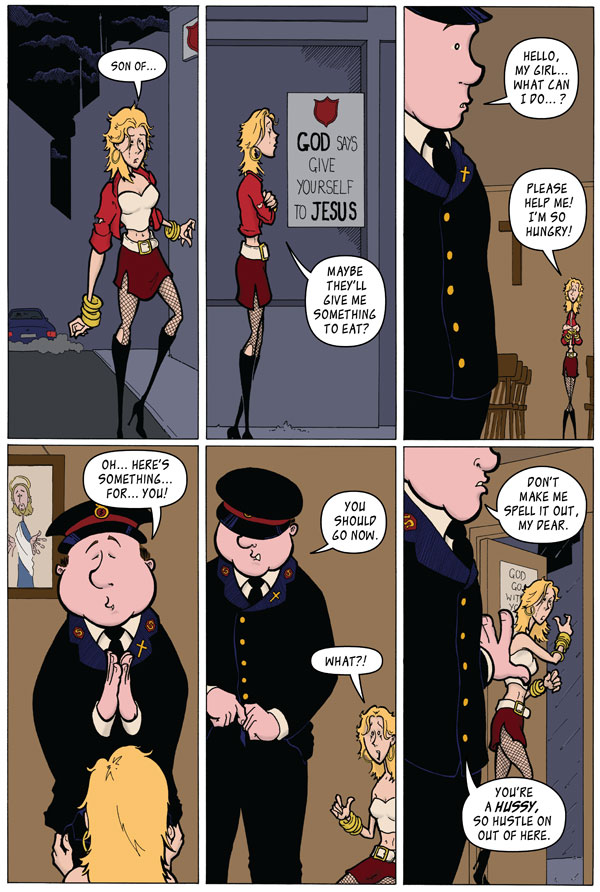
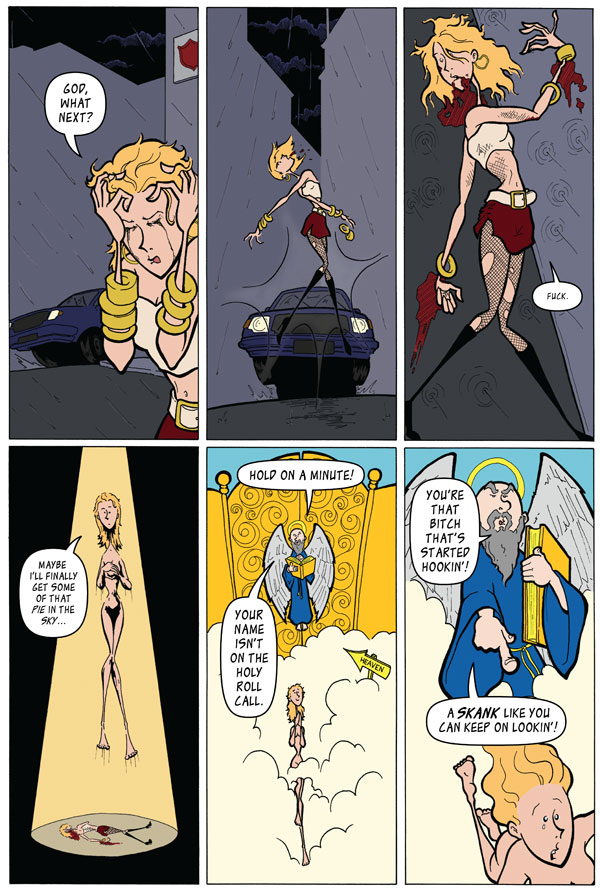
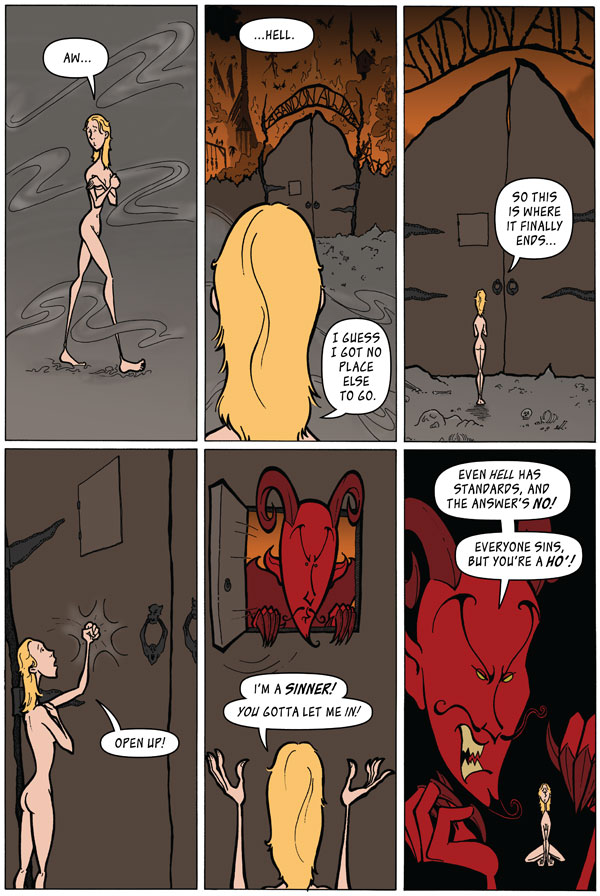
 Amazon recently announced “
Amazon recently announced “